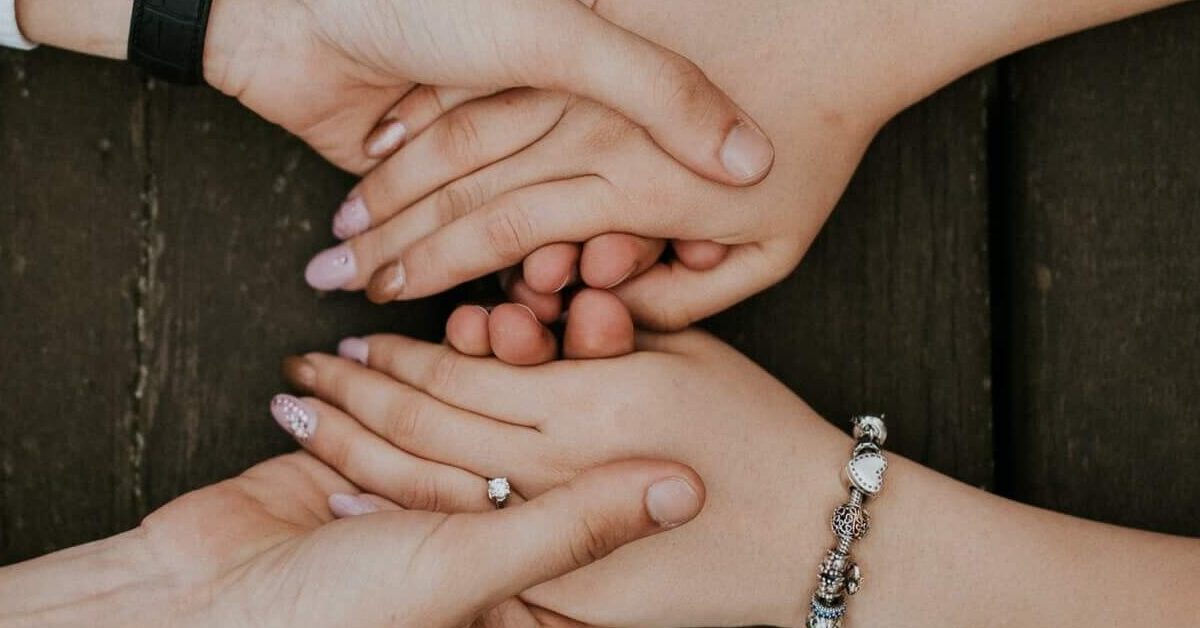Written by Dr. Robert Gibson
“You can show you care about how someone feels AND still disagree with them.”
I work with couples regularly and see a common issue that comes up all the time. One person says to the other, “if you only understood, you wouldn’t be upset!” Of course, this immediately soothes the other person, who then says “of course, you’re right! I was seeing it all wrong! I feel so much better!”…wait…that never happens to you?
There’s a reason! Our emotions and thinking don’t work that way. Our needs for connection and care do not go away after childhood. They persist – and get more complicated. Take for example a small child who just hurt themselves. They are crying as if they are bleeding and injured, but you saw what happened. They are actually fine. What does a good-enough parent do in that case? They say something like “stop crying – you’re fine – you didn’t really hurt yourself”??? Nope – that would lead to more and more tears.
No, even when the parent has a bigger perspective or point of view the parent still approaches, checks it out, and offers some comfort. “Show me what happened. I’m sorry. Here – let me give you a hug.” After being comforted, the child can then be redirected to some other type of play. This redirection implies that the child interpreted the situation wrong and was crying for an unjustified reason. In reality, the injury wasn’t really that bad. But, if you start with logic first, you don’t connect with the child’s emotions and help the situation.
How do we apply empathy to our adult relationships?
As adults, we are much the same, just more complicated. When we are hurt, even by things we have misperceived, we don’t need logic first. We first need connection, care, and empathy from those we love. It is only after we have soothed ourselves that we can then think or discuss logistics.
So, to address relationship hurts – begin with empathy, care, and concern – even if you disagree. You can show you care about how someone feels AND still disagree with them. Showing that you care does not mean you are apologizing or owning their interpretation.
It’s really two separate interactions.
The first interaction is to show care and concern. Then, when both individuals are stabilized in their feelings, invite a conversation about interpretations and actions. This way you solve two problems: 1. the need for connection and care and 2. the need to address mismatches and logistical problems. Often we get hung up on the logic of what happened and sacrifice the emotional experience and the connection that comes with it.







Leave A Comment